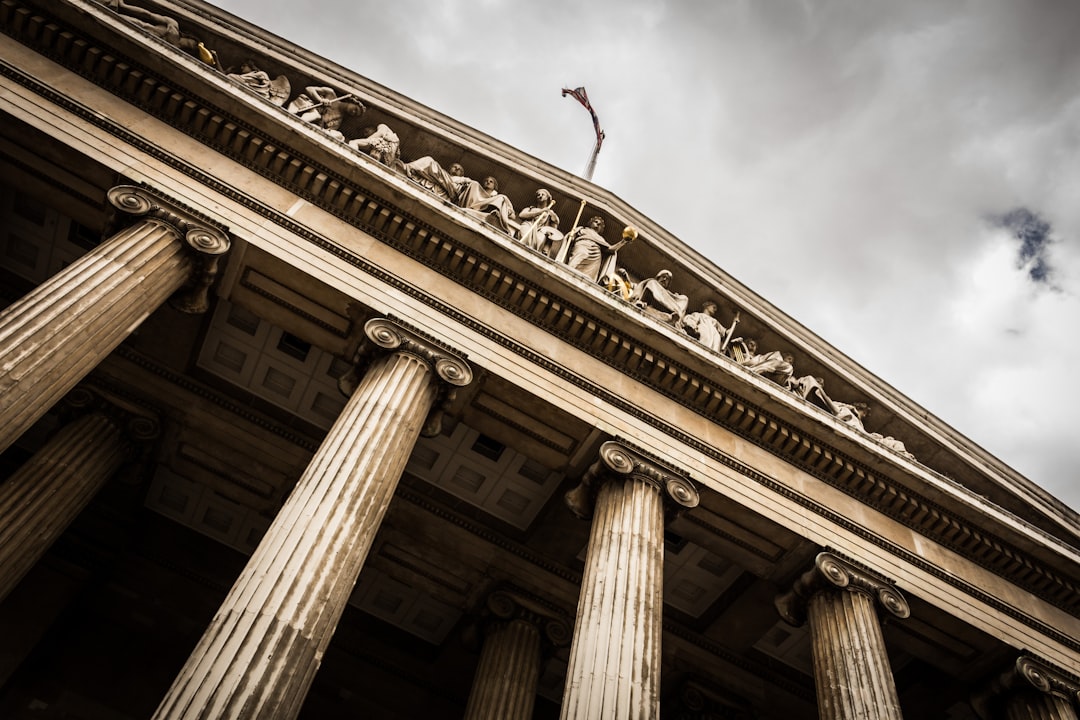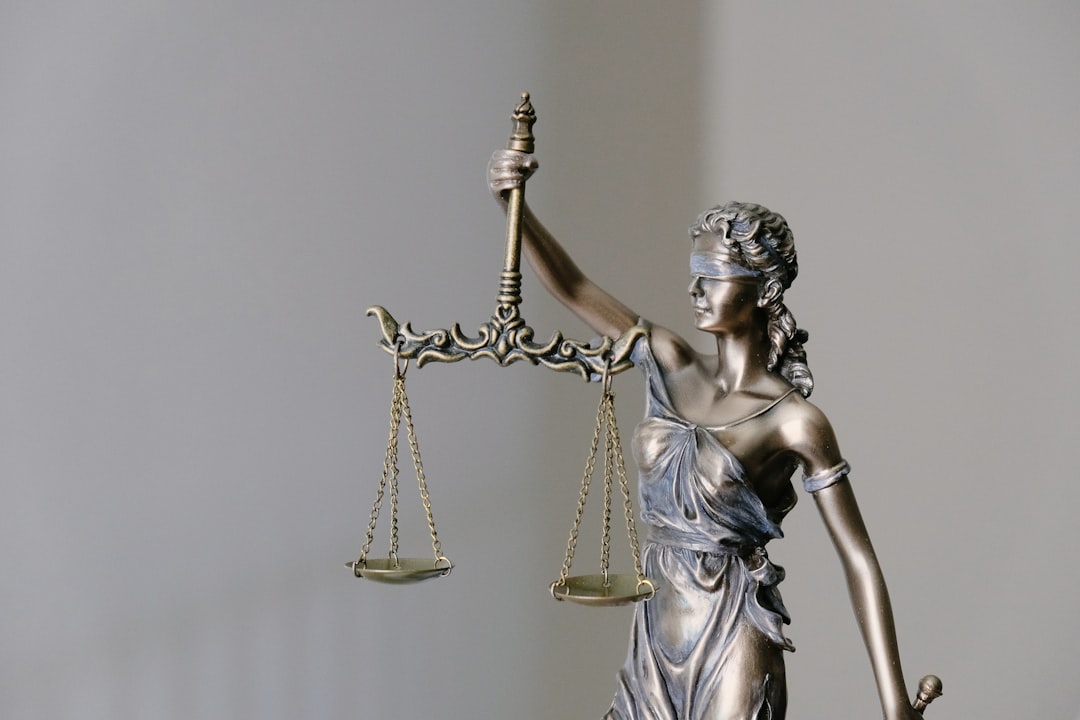In Atlanta, Georgia, victims of sexual abuse seeking justice must understand local laws protecting them from non-consensual acts. Consulting with experienced sexual abuse attorneys Atlanta GA is essential for navigating complex issues and advocating rights in institutional settings. These specialists gather evidence, provide legal guidance, and ensure adherence to time frames, maximizing success. Choosing a team with proven success, extensive experience, and empathy is crucial. Local support includes counseling, legal aid, and advocacy groups, offering specialized services throughout the case.
“Navigating the path to justice after experiencing sexual abuse can be challenging, especially against institutions. If you’re seeking redress in Atlanta, Georgia, understanding your legal rights is paramount. This guide delves into the process of suing an institution for sexual abuse, offering insights on crucial steps like recognizing violations under Georgia laws, selecting experienced sexual abuse attorneys Atlanta GA, and gathering essential evidence. By exploring these key areas, survivors can take confident steps towards healing and accountability.”
Understanding Sexual Abuse Laws in Georgia

In Atlanta, Georgia, understanding the legal framework surrounding sexual abuse cases is crucial for victims seeking justice. Sexual abuse laws in the state protect individuals from various forms of non-consensual sexual acts, including assault, harassment, and exploitation. If you’re considering legal action against an institution for sexual abuse, it’s essential to consult with experienced sexual abuse attorneys Atlanta GA who can guide you through the process. These lawyers specialize in navigating complex legal issues and advocating for victims’ rights.
Georgia law defines sexual abuse broadly, encompassing a range of offenses that can occur within institutional settings such as schools, hospitals, or care facilities. Institutions have a duty to maintain safe environments and prevent sexual misconduct by their staff or third parties. Victims may face unique challenges when suing institutions, including bureaucratic hurdles and complex legal procedures. Sexual abuse attorneys Atlanta GA are equipped to help victims understand their rights, gather evidence, and navigate the legal system effectively.
Choosing the Right Legal Team: Sexual Abuse Attorneys Atlanta GA
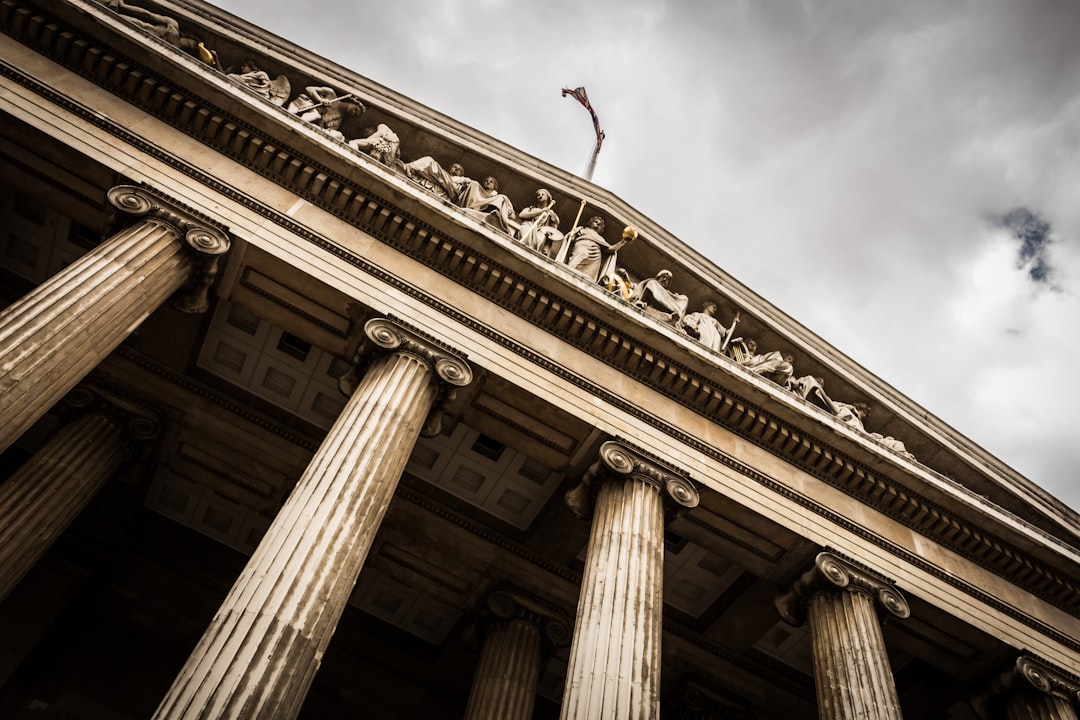
Choosing the right legal team is a crucial step in navigating the complex process of suing an institution for sexual abuse. When it comes to sexual abuse attorneys in Atlanta, GA, it’s essential to find advocates who specialize in this area and have a proven track record of success. Look for lawyers with extensive experience handling similar cases, as they will understand the unique challenges and legal complexities involved.
Sexual abuse attorneys in Atlanta, GA, should possess a deep understanding of state laws, institutional liability, and the often-sensitive nature of these cases. They should also be adept at building strong cases, gathering compelling evidence, and advocating for their clients’ rights. It’s vital to select lawyers who are empathetic, trustworthy, and committed to fighting for justice on your behalf.
Gathering Evidence and Documentation
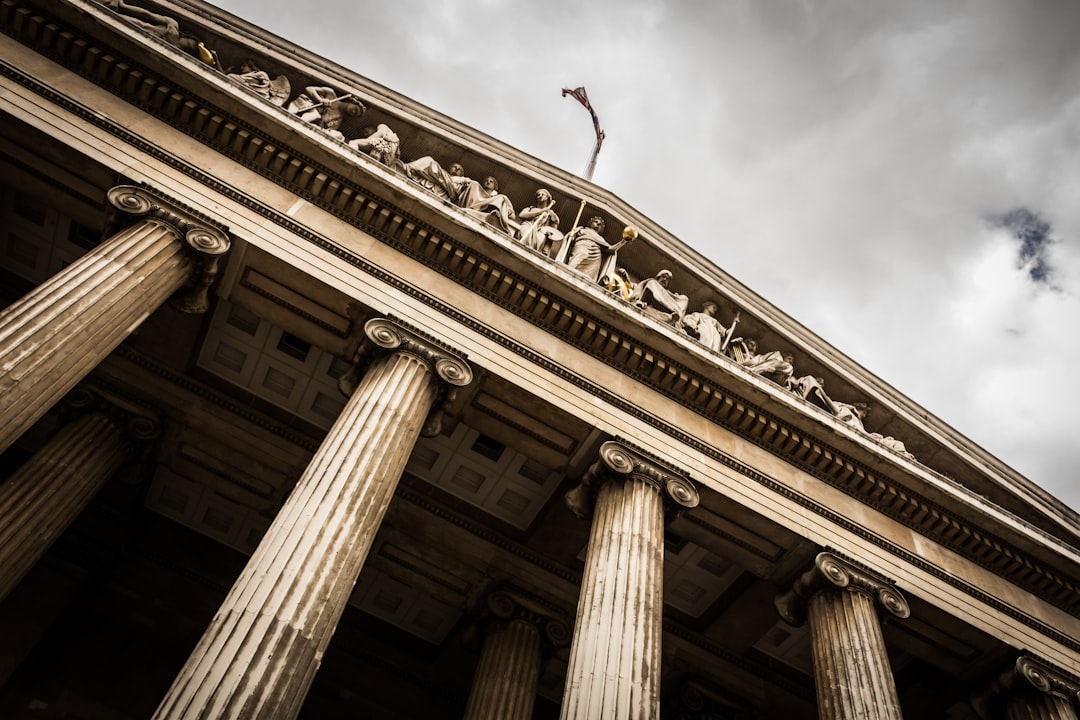
When pursuing a legal case against an institution for sexual abuse in Atlanta, gathering comprehensive evidence and documentation is paramount to building a strong claim. This process requires meticulous care and attention to detail, as it involves collecting all relevant information that can support your case. Sexual abuse attorneys in Atlanta GA recommend starting by gathering any existing records related to the incident(s), such as medical reports, police reports, or witness statements. These documents provide factual evidence of what occurred and can be crucial in establishing liability.
Additionally, personal accounts and testimonies from individuals who have knowledge about the abuse are invaluable. This includes any photographs, videos, or written records that document the abuse or its aftermath. It is also essential to retain any correspondence with the institution, such as emails, letters, or memos, which can reveal patterns of denial, neglect, or cover-up. Sexual abuse attorneys in Atlanta GA can guide you through this process, ensuring that all evidence is properly documented, organized, and presented to strengthen your case.
The Legal Process: Filing a Suit in Atlanta

When considering legal action against an institution for sexual abuse in Atlanta, GA, it’s crucial to understand the legal process involved. The first step is to consult with experienced sexual abuse attorneys who specialize in such cases. These experts will evaluate your situation, provide guidance on the best course of action, and help you navigate the complexities of filing a lawsuit. They can ensure that all legal requirements are met and that your case is presented effectively.
In Atlanta, GA, the process typically begins with filing a complaint at the appropriate court. This document outlines the allegations against the institution, including details of the sexual abuse, the parties involved, and the damages sought. After submission, the court will review the complaint and issue a summons, formally notifying the defendant of the lawsuit. Throughout this stage, your sexual abuse attorneys will guide you, ensuring all paperwork is correctly filled out and filed within the legal time frames.
Support and Resources for Survivors
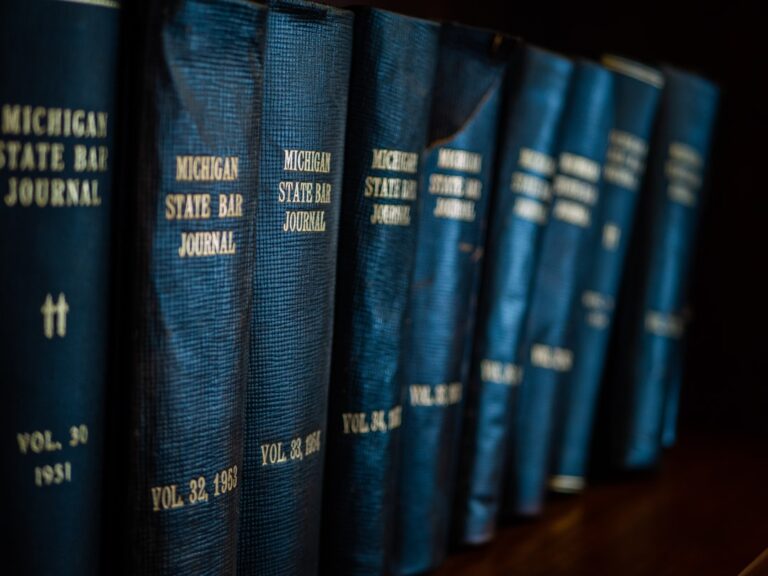
Surviving sexual abuse is an incredibly challenging and often complex journey, but there are resources available to help. Many organizations in Atlanta, GA offer support services tailored for survivors, including counseling, legal aid, and advocacy groups. These services can provide emotional healing, guidance on reporting the abuse, and assistance navigating the legal process.
For those considering legal action against an institution involved in sexual abuse, finding experienced sexual abuse attorneys Atlanta GA is a crucial step. Local legal professionals specializing in this area can offer specialized knowledge and support throughout the case. They can help survivors understand their rights, gather evidence, and build a strong case while ensuring their safety and well-being during the entire process.



